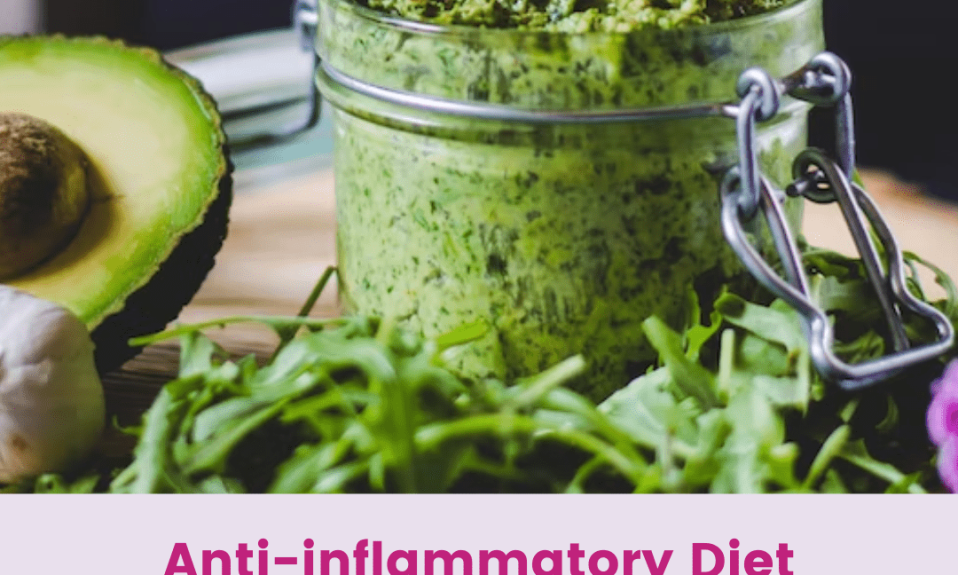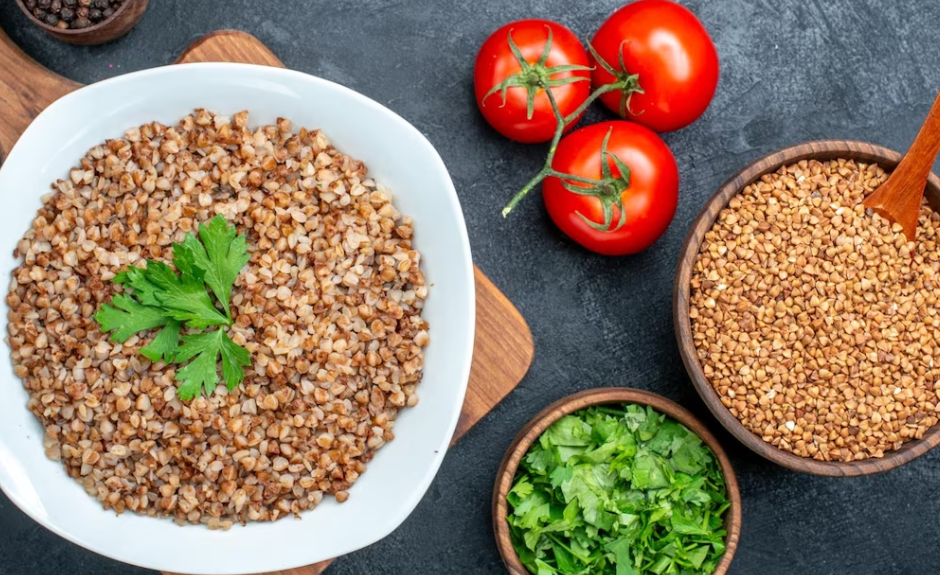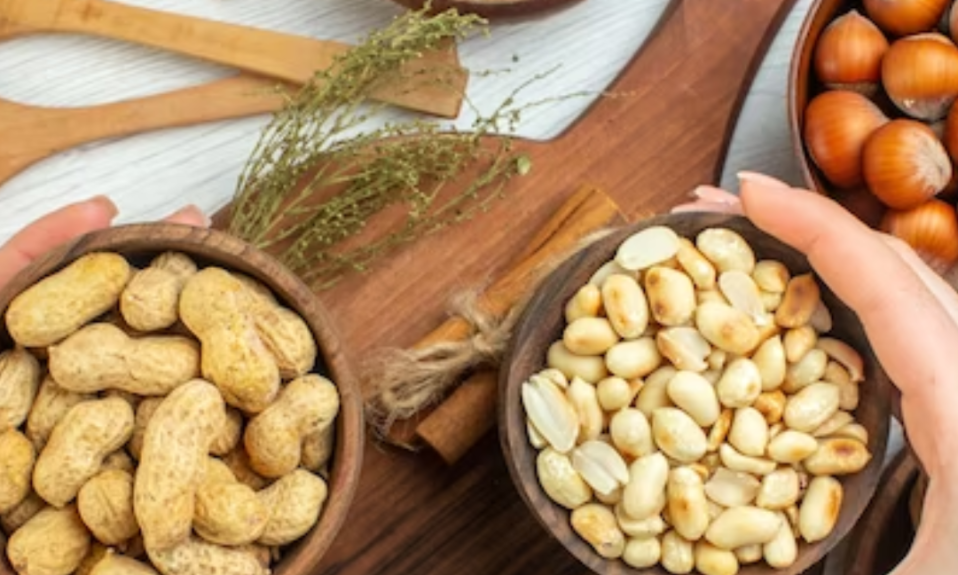Inflammation can be both a friend and a foe. While it can aid the body in fighting illness and promoting healing. Chronic inflammation can lead to various illnesses, including obesity and heart disease.
To combat this, many people turn to an anti-inflammatory diet. This diet can offer a wide range of benefits and is a popular choice among those looking to improve their health.
What is an Anti-Inflammatory Diet?
An anti-inflammatory diet is a complete way of life rather than just a quick remedy for weight loss or a band-aid. It’s a natural healing strategy that is progressive and flexible. It’s important to keep inflammation under control because it can cause several disorders. Increasing your intake of anti-inflammatory foods is one efficient strategy to get in shape.
Importance of Anti-Inflammatory Diet
Inflammation can contribute to various health conditions, and an anti-inflammatory diet can be crucial in addressing them. For individuals already experiencing an abundance of inflammation, this diet can provide significant health benefits. Some of the most common illnesses linked to inflammation include:
- Asthma
- Rheumatoid Arthritis
- Inflammatory Bowel Disease
- Type II Diabetes
Adopting a diet rich in anti-inflammatory foods can benefit individuals at a higher risk of developing health problems. By incorporating more anti-inflammatory foods into your diet, you may be able to lower the hazard of more damage and reduce the likelihood of future illnesses.
Top Benefits of an Anti-Inflammatory Diet
Inflammation in the body can result from eating particular foods. For instance, red meat has a lot of saturated fat, which, when consumed, causes some immune cells to produce inflammation proteins in the bloodstream. On the other hand, some foods contain anti-inflammatory properties and can even lessen inflammation. Antioxidants, which fight against the negative impact of free radicals and aid in preventing long-term cellular injury that can fuel inflammation, are often abundant in these meals.
Tips & Advice for Anti-Inflammatory Diet
The anti-inflammatory diet does not have a fixed meal plan; it is flexible enough to be customized to suit your taste and requirement. However, the following guidelines can assist you in making nutritious choices:
- Add 5 to 9 servings of vegetables and fruits high in antioxidants to your daily diet.
- Opt for lean poultry, legumes, fish, and lentils instead of red meat.
- Use olive oil as a replacement for butter and margarine.
- Switch to whole grains, such as oats, brown rice, quinoa, and whole wheat pasta, as an alternative to refined grains like white bread, crackers, and pastries.
- Use herbs such as ginger, garlic, and turmeric to flavor your meals instead of salt.
- Avoid deep-frying your food; instead, opt for healthy cooking methods such as baking, boiling, or braising.











